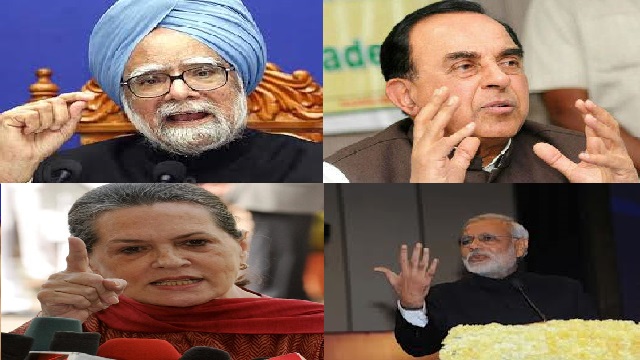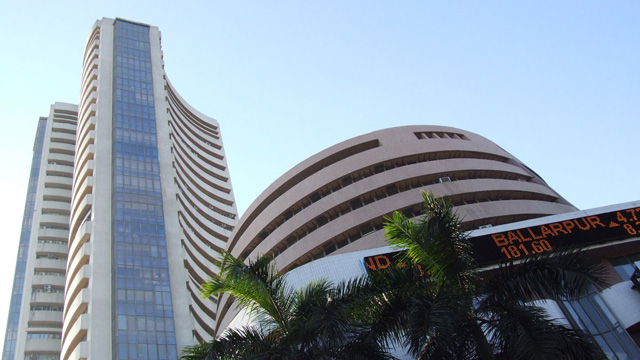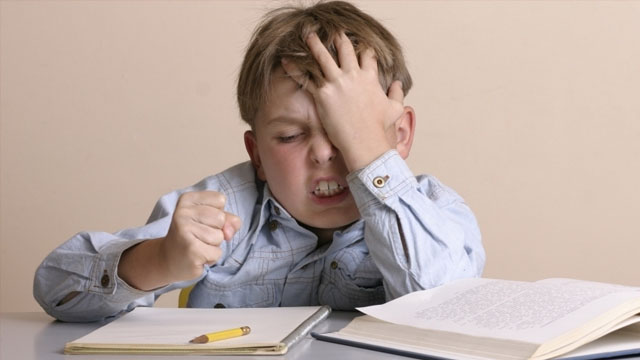The warring leaders have to be very careful in deciding the language they use against each other, because that forms the political rhetoric of the world’s largest democracy.
If you are not an adept speaker, you are not a neta – this is the belief that allowed very few leaders to reach on the top of the popularity charts. If your rhetoric cannot blackball the lesser mortal, if your diplomacy cannot overthrow your opponent, or if every sentence of your speech does not meet with clappings or cheers of joy, you need to start learning the art.
Thankfully, for newbies, there is a whole brigade which uses political barbs very creatively. The trend in this year’s public speech marathon is emotional drama. The Bollywood loving janata of our country cannot deny having a good time with our netas pouring in the charade and giving it a good headline too.
Let’s have a look:
Maut Ka Saudagar
In one of her 2007 election rallies, Congress president Sonia Gandhi had called Gujarat chief minister Narendra Modi ‘maut ka saudagar’. We guess she was watching a B-grade horror flick at home before preparing her speech for the rally.
Nikamma
In 2012, opposition leader Yashwant Sinha called Prime Minister Manmohan Singh a management consultant who was running the government. The word ‘nikamma’ featured in Singh’s statement which followed afterwards. We do not know for sure whether Sinha used the word or not, but Singh should admit that he has been one. Else the PMO and his cabinet would not release this statement: The PM doesn’t have time to read each and every document before signing.
Chor
Yes, Prime Minister Manmohan Singh was called one on the floor of the house! He became very angry and slammed the opposition for calling him one. But the fact that crores are missing from country’s treasury due to the scams his government carried…well…not a bad name.
Shehzada
Narendra Modi has given this pet name to the prince of Congress Rahul Gandhi. Rather than rejoicing the name for its goodness, we do not understand why the Congress party is always discomforted at the mention of it.
Pappu
BJP leader and an old maverick when it comes to political barbs, Subramaniam Swamy used this word to describe Rahul Baba. The janata resonates the same and it is the most popular alias on social media for Rahul.
Feku
Congress loudmouth Digvijay Singh has christened Modi as ‘feku’. He attacks Modi on his developmental talks and calls him a big boast full of lies.
Vishkanya
Another marvel by Swamy, this name is for Congress president Sonia Gandi. Swamy says that whatever she touches dies and that’s why she is a ‘vishkanya’. However, he has other names too for the lady one of which is ‘Hitler incarnation’.
Khooni Panja
This is the latest in the series. The term was used by Modi in his Chhatisgarh rally to describe Congress party as its symbol is a panja (palm).
We may rejoice the rhetorics but we cannot deny that the political space has become full of dirtier words. As India Today reported, until a decade ago, leaders like former prime minister Atal Bihari Vajpayee, former Lok Sabha speaker Somnath Chatterjee and former home minister Indrajit Gupta were respected by members of all political parties. One primary reason, of course other than their political experience and stature, was the extremely careful political language they used against their worst rivals. The vitriol resulting out of a lifetime spent in the opposition did not seem to have affected their measured political language.
In a parliamentary democracy, there will always be a political party with or without its alliance partners in government and others will be in the opposition. A government, however powerful, will need the opposition’s support on many issues. Besides, for as many days as Parliament is in session, they will have to sit in the House every day facing one another. And the two free-to-air channels of both the Houses will telecast the proceedings live to the entire country. Now, the warring leaders have to be very careful in deciding the language they use against each other, because that forms the political rhetoric of the world’s largest democracy.





